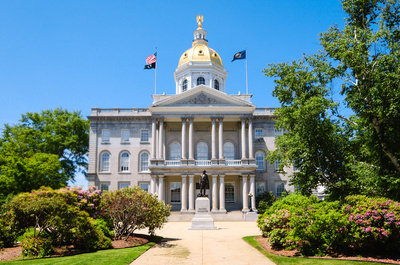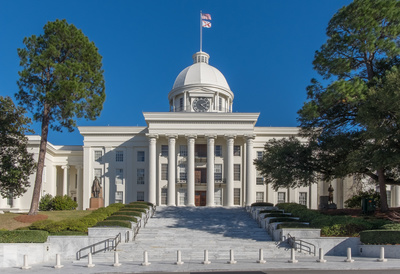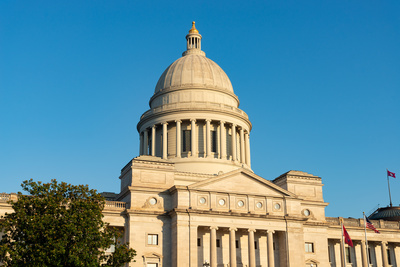
Health Care & Wellness
Alcohol Legislation Takes A New Turn: Canned Cocktails, Direct-to-Consumer Shipping, and More
February 12, 2026 | Kerrie Zabala
May 2, 2023 | Bill Kramer

Key Takeaways:
States are moving to address “forever chemicals,” which do not break down naturally, can accumulate over time, and are found in a wide range of consumer products. Collectively, these thousands of chemicals are known as perfluoroalkyl and poly-fluoroalkyl substances (PFAS). At first, states reacted to the rising awareness and research around PFAS by regulating the chemicals in drinking water and allocating funds for cleanup in soil and groundwater near manufacturing facilities. But now state policymakers are setting their sights on consumer products themselves — and the companies that produce them.
About a dozen states have enacted legislation to phase out PFAS in narrowly defined consumer products, such as food packaging, carpets, rugs, indoor and outdoor furniture, children’s products, cosmetics, ski wax, oil and gas products, and firefighting foam. But lawmakers in Washington and Maine have empowered regulators in those states to ban PFAS from a wide range of products. And that’s why all eyes were on the Maine Department of Environmental Protection last month.

While the broad 2030 ban on the sale of PFAS products will be the primary long-term issue in Maine, the immediate nature of the notice requirement is where the action is taking place currently. On April 20, the Maine Department of Environmental Protection held a hearing on the proposed rule, which defines key terms such as who is considered a “manufacturer” under the notice requirement, what products to include, how broadly to define the chemicals under the PFAS group, and what “intentionally added PFAS” means. Manufacturers argue that defining PFAS too broadly could result in banning harmless chemicals that are critical in making products nonstick and weather and fire-resistant.
Last year, Washington enacted a broad PFAS ban to be implemented in stages but with a quicker timeline than Maine. Lawmakers authorized the Washington Department of Ecology to develop regulations restricting the manufacture, sale, and distribution of “priority chemicals” — which include PFAS — and then identify “priority consumer products” that utilize the targeted chemicals. In the first stage of implementation, the Department has proposed to restrict PFAS in aftermarket stain and water-resistant treatments and carpets and rugs by 2025 followed by indoor furniture in 2026.
States charting their own paths on PFAS regulation will put pressure on the federal government, either through Congress or the U.S. EPA, to take stronger action on PFAS in order to avoid a patchwork of regulations.
For more timely insights like this, be sure to sign up for our Morning MultiState weekly morning tipsheet. We created Morning MultiState with state government affairs professionals in mind — sign up to receive the latest from our experts in your inbox every Tuesday morning. Click here to read past issues and sign up.
MultiState’s team is actively identifying, categorizing, and tracking these issues so that organizations, their government affairs professionals, and other internal stakeholder teams have the information they need to navigate and effectively engage. If your organization would like to further track consumer product health and safety legislation in the states, please contact us.

February 12, 2026 | Kerrie Zabala

February 5, 2026 | Geoff Hawkins

January 27, 2026 | Lisa Kimbrough